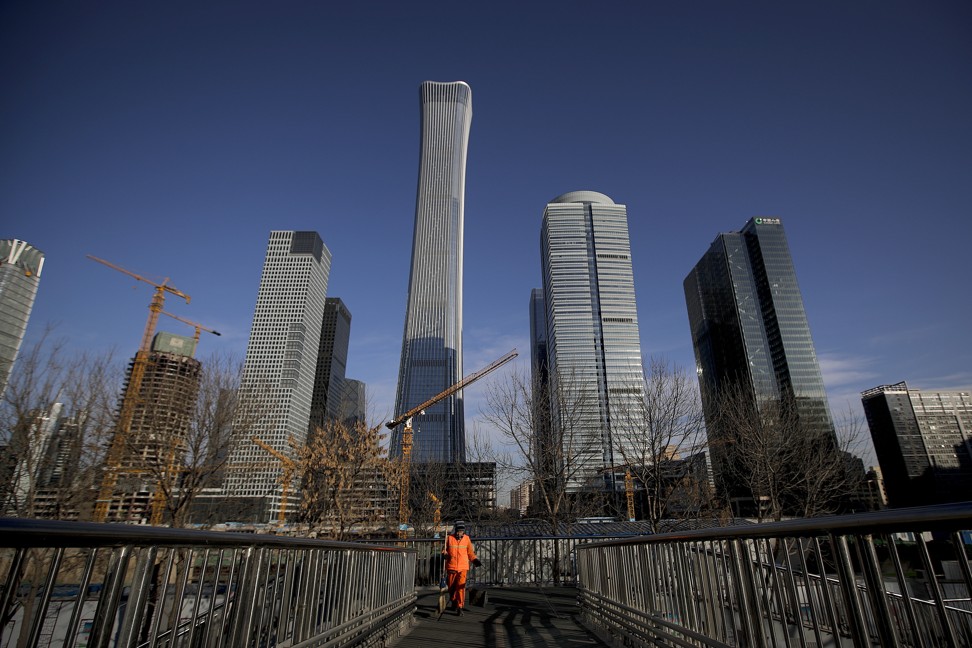
Asian cities are competing to woo tech start-ups with incentives
- These cities have strong economies, business-friendly policies and well-developed infrastructure
- Cities also offer a range of tax incentives, subsidies and related programmes to support entrepreneurs

Asia is now home to many of the world’s most innovative and valuable technology start-ups.
Investors have continued to pour capital into these companies, thanks to the implementation of business-friendly policies to help nurture their growth in major Asian cities.
Last year, nine out of the 10 largest public venture capital deals involved start-ups in Asia – seven of which were based in China, according to capital market research firm Preqin.
The cities in Asia that have succeeded in attracting a steady stream of venture capital and start-ups have relatively strong economies, highly educated populations, major academic institutions and well-developed infrastructure. To stay competitive, these cities also offer a range of tax incentives, subsidies and related programmes to support entrepreneurs.
Major cities in China, for example, have various government-backed funds on offer for start-ups. The biggest source of venture capital funding in the world’s second-largest economy are government institutions and state-owned enterprises. In 2016, these entities accounted for 35.3 per cent of all venture capital funding in the country, according to a report by Mitsui & Co Global Strategic Studies Institute.
That state-backed funding support for start-ups is reminiscent of how entrepreneurship in the United States received a big boost after the Small Business Investment Act of 1958 was passed into law. It helped create privately organised and managed investment firms, which provided new and established businesses with funding – consisting of money borrowed at favourable rates from the US government. That programme later on helped foster the development of hi-tech businesses at a vast, sprawling area in northern California that is now known as Silicon Valley.
Here are some of the most popular Asian cities for tech start-ups to locate and build up their operations:

Beijing
The capital of China is also home to the country’s most prominent technology hub, Zhongguancun, which was founded 30 years ago with a mission to “learn from Silicon Valley and replicate Silicon Valley”.
There are about 9,000 technology companies located in Zhongguancun, a 488-square-kilometre zone in northwestern Beijing’s Haidian district. These include some of China’s biggest hi-tech firms, such as personal computer maker Lenovo Group, online search giant Baidu and e-commerce services provider JD.com.
Close to some of China’s most prestigious universities and research institutes, Zhongguancun enjoys great advantages in access to talent. The Haidian park of Zhongguancun has more than 40 universities, including the world-class Peking and Tsinghua Universities, as well as more than 200 research institutes and national-level laboratories.
Zhongguancun is a product of the central government’s efforts to foster hi-tech development. Backed by the State Council, the area became China’s first hi-tech pilot zone in 1998. It offers tax breaks, funding and other incentives for enterprises that move there.
Beijing ranked as the top destination for venture capital in China last year, when it received a total of 66.3 billion yuan (US$9.8 billion) in funding, according to private equity data tracker Zero2IPO. That was about 1.5 times more than the total received by second-ranked Shanghai.
With efficient access to funding and a highly educated workforce, Beijing has nurtured many unicorns – start-ups valued at least US$1 billion. There were 79 such companies located in Beijing last year, according to the Hurun Greater China Unicorn Index 2018. These include ride-hailing services giant Didi Chuxing and ByteDance, the world’s most valuable start-up.
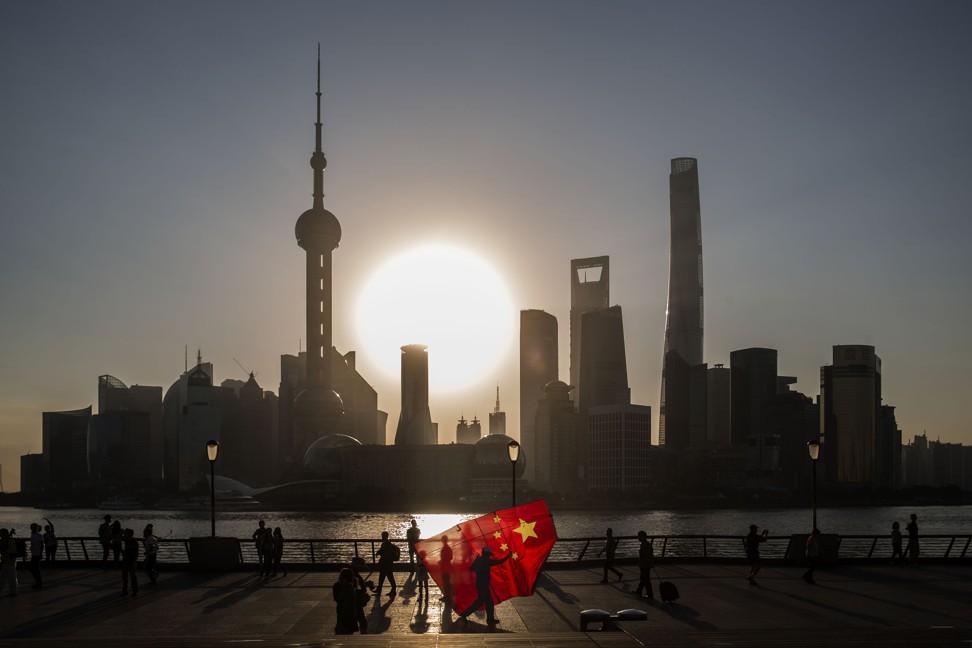
Shanghai
Shanghai is the second most popular city for tech start-ups to build their businesses. Last year, this major Chinese port city drew a total of 42.7 billion yuan in venture capital funding, according to Zero2IPO
In terms of unicorns, Shanghai was home to 42 of these fast-growing start-ups last year behind Beijing, according to the Hurun Report’s latest China unicorn index.
Still, Shanghai is offering creative incentives to better compete with Beijing. Investors in Shanghai can be compensated for up to 60 per cent of their initial capital funding, depending on the size of the venture and number of employees. The compensation for each investment is up to 3 million yuan, while the compensation for each investment firm is capped at 6 million yuan every year.
A hotly anticipated development is the move by the city’s stock exchange to establish a new Technology Innovation Board. This is expected to increase Shanghai’s ability to attract tech start-ups and raise large financing.
Shanghai has also relaxed its business visa policies to attract more foreign entrepreneurs to live and start their business in the city. In May last year, the city launched a pilot programme for new “business start-up visas” in selected districts in Shanghai. Each visa is valid for one year, but can be extended for another year if the foreign entrepreneur is able to demonstrate the successful incorporation of a company within that time. The same visa can become a work permit once the company gets set up.
Prominent tech start-ups based in Shanghai include e-commerce companies Pinduoduo and Red, bike-sharing services provider Hellobike and Liulishuo, which runs an artificial intelligence-powered English-learning app.
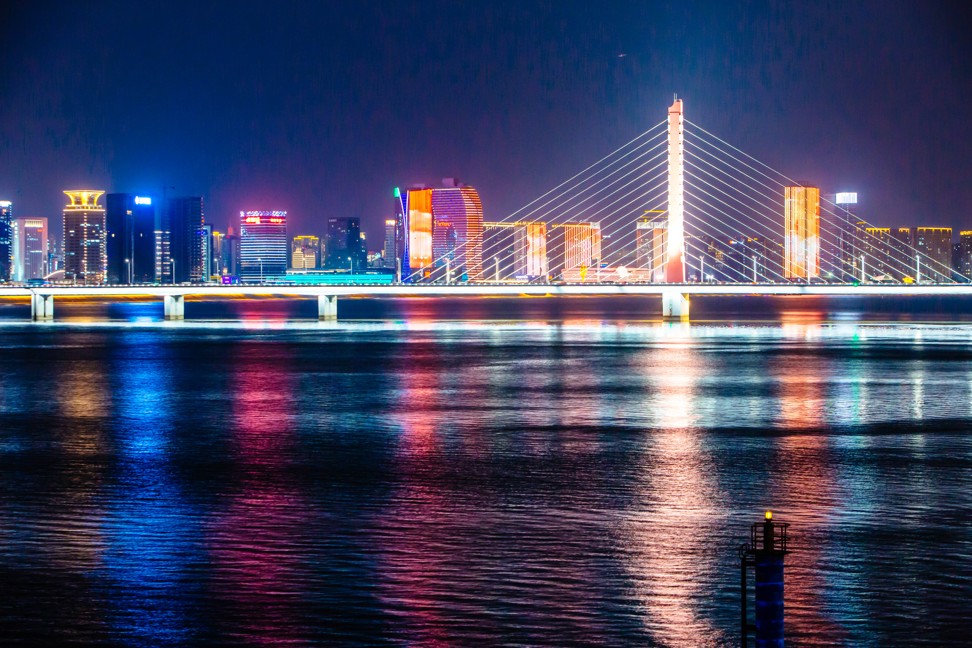
Hangzhou
The capital of eastern China’s Zhejiang province is widely known today as the city where Alibaba Group Holding, China’s biggest e-commerce company, was established. The city is also where the New York-listed company started developing a vast ecosystem of partners, suppliers and hi-tech operations.
Last year, there were 18 unicorns based in the city, according to the Hurun Report’s latest China unicorn index.
The Hangzhou government announced last year that foreign start-ups which are able to develop projects under the city’s industrial vision may be eligible for subsidies of as much as 100 million yuan. Foreigners with Master’s degrees that work in Hangzhou may also receive a one-time rent subsidy of 20,000 yuan.
The city has also set up a 100 million yuan fund to help local university students start their own businesses.
Located 175.7 kilometres from Shanghai, Hangzhou is home to Alipay operator Ant Financial Services and Canaan Creative, the world’s second largest cryptocurrency mining rig maker. Ant Financial is an affiliate of Alibaba, the parent company of the South China Morning Post.
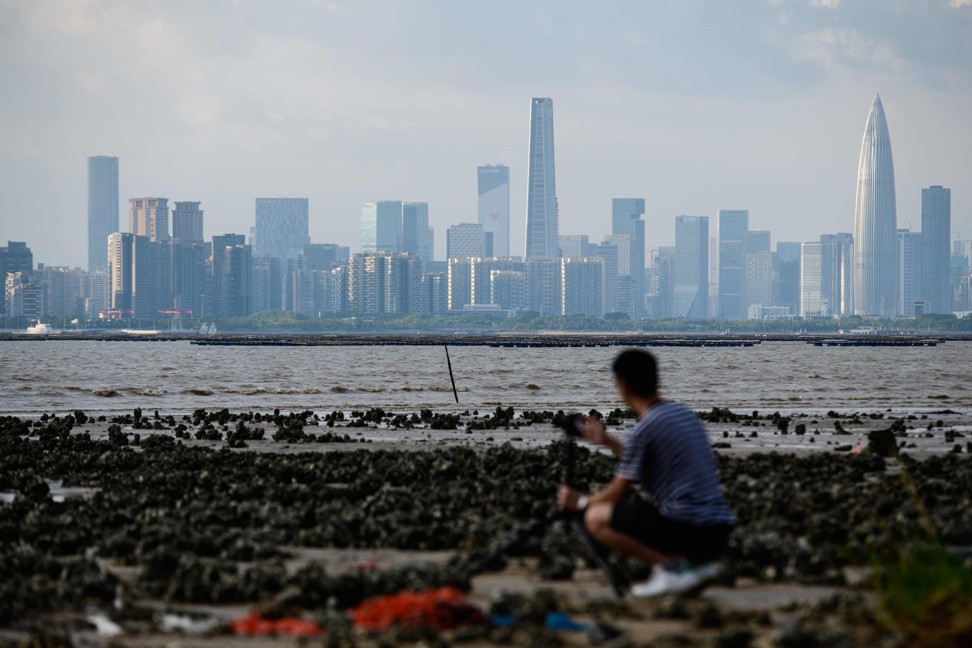
Greater Bay Area
With a total population of 70 million and an economy worth more than US$1.5 billion, the 11 cities which make up the Greater Bay Area (GBA) are expected to eventually develop into an integrated innovation and technology powerhouse to rival Silicon Valley.
The cities covered by this initiative are Hong Kong and Macau as well as nine others in neighbouring Guangdong province – Shenzhen, Guangzhou, Dongguan, Zhuhai, Zhonghan, Foshan, Jiangmen, Huizhou and Zhaoqing.
Major goals under the GBA include building an innovation corridor that links Guangzhou, Shenzhen, Hong Kong and Macau, as well as streamlining customs and immigration procedures. Tax incentives, similar to those offered by special economic zones on the mainland, are being discussed by authorities to help attract more entrepreneurs and relevant hi-tech talents in the GBA.
Shenzhen is already home to Tencent Holdings, which runs the world’s biggest video games business and WeChat, China’s ubiquitous social media and mobile messaging platform with more than 1 billion users. The city is also where Huawei Technologies, the world’s largest telecommunications equipment manufacturer, and SZ DJI Technology, the world’s biggest drone company, are headquartered.
The southern coastal city has been implementing a variety of preferential policies and subsidies to attract high-level foreign talent to the city. Since 2016, Shenzhen has been spending upwards of US$10 billion each year in research and development, which is estimated to be roughly 4 per cent of the country’s total GDP.
With its primary role as an international financial centre, Hong Kong has lagged behind in annual technology research and development spending. The city also ranks last in availability of private funding, talent and pilot testing among 10 regional peers including Singapore, Beijing and Tokyo, according to the Hong Kong start-up Index, which measures the favourability of Asian business environments.
To catch up, Hong Kong plans to set aside HK$28 billion (US$3.6 billion) for research and development in universities and re-industrialisation for innovation and technology, Chief Executive Carrie Lam Cheng Yuet-ngor announced in September last year. The new funding will add to the HK$50 billion earmarked for innovation in the government’s 2018 budget in the areas of biotechnology, artificial intelligence, smart cities and financial technology, on top of the HK$10 billion commitment for supporting hi-tech industries from the year before.
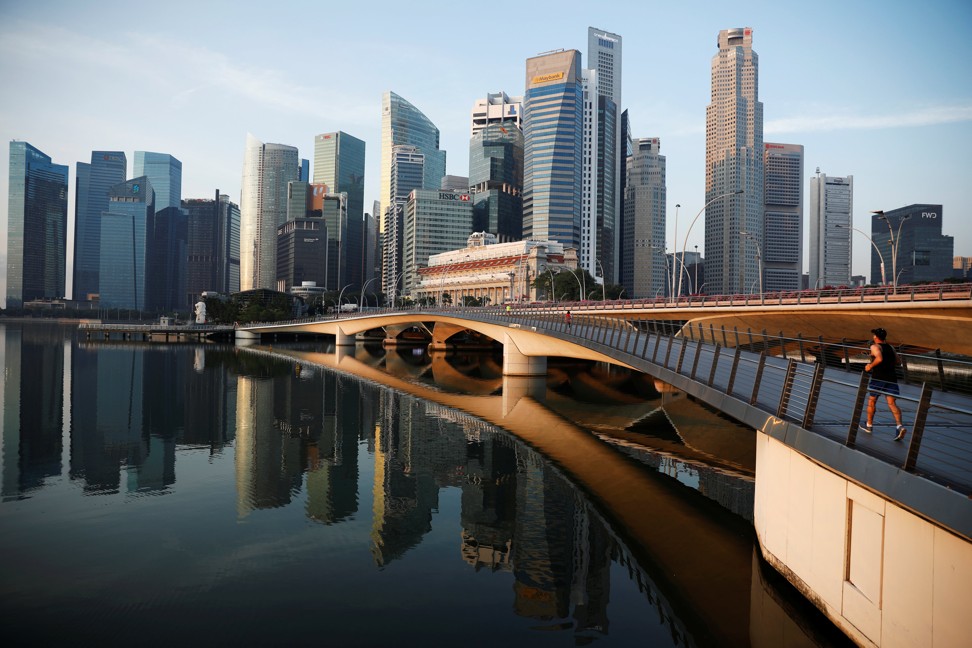
Singapore
The city state’s ambition to become an innovation hub for Southeast Asia has been helped by its success as a destination for large global enterprises to establish their regional headquarters. With generous grants and tax incentives for businesses, major tech start-ups, such as ride-hailing firm Grab and mobile virtual network operator Circles.Life, have been set up in Singapore in recent years.
Singapore recently announced a new scheme, known as EntryPass, that gives foreign entrepreneurs a two-year window to start a new business in the city. The scheme also waives the minimum paid-up funding of US$35,800 for a newly formed company.
The government has announced plans to pour US$2.86 million in funding companies involved in various advanced technology projects, such as those in artificial intelligence and virtual reality.
The National Research Foundation, for example, invests S$10 million (US$7.4 million) on a matching basis, to seed corporate venture capital funds.
The city has also attached plenty of importance in mentoring and other support facilities for start-ups. The city is also home to about 40 trade associations and chambers to help local businesses upgrade their operations and develop operations overseas.

Seoul
Over the past several years, the South Korean government has been leading a programme to make Seoul a major hub for start-ups. The country is now recognised for having the highest government backing per capita for start-ups, according to Forbes.
The government set up a US$9 billion venture fund with public and private capital in 2017 to support start-ups, the same year it created the Ministry of Small and Medium-sized Enterprises and Startups. It made an initial investment of US$3 billion in 2015.
Those investments have led major international companies, including internet search giant Google and SparkLabs Global Ventures, to set up shop in the country.
The South Korean government runs a business-friendly visa programme called OASIS, for Overall Assistance for Start-up Immigration System, to attract foreign entrepreneurs. Participants are required to take classes in intellectual property, business laws, and Korean culture, which count as points to obtaining a start-up visa.
While there are fewer unicorns in the country, compared with China, South Korea is the home base of internet company Kakao, e-commerce services provider Coupang and diversified online platform operator Yello Mobile.